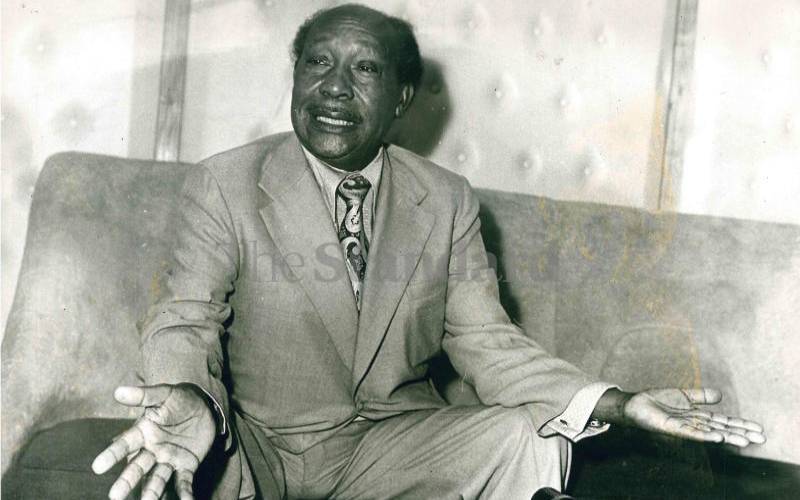×
The Standard e-Paper
Smart Minds Choose Us

Mbiyu Koinange.
Deep-seated resentment is the sole reason the late former Cabinet minister Mbiyu Koinange’s family cannot end their succession wars, a court has observed.